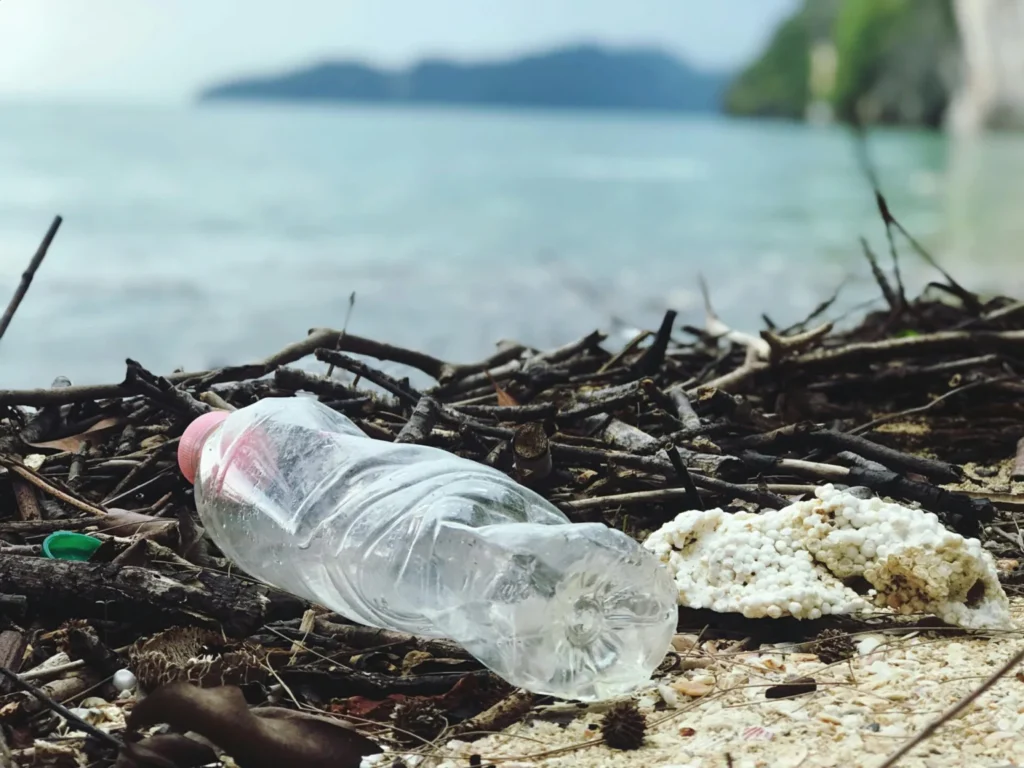KUALA LUMPUR, Jun 23 – Islamic Relief Malaysia (IR Malaysia) participated in the Women Economic Forum (WEF) ASEAN 2025, held at Dewan Perdana, Ministry of Investment, Trade and Industry (MITI), Kuala Lumpur from 19 to 21 June 2025. The forum was organised by the WEF ASEAN 2025, Yayasan Bina Kesejahteraan (YBCare), Yayasan Basmi Kemiskinan (YBK), G100, and the Women’s Indian Chamber of Commerce & Industry (WICCI).
This international forum, themed “Women Leaders Beyond Borders: Shaping the Future of the ASEAN Sheconomy”, was held in Malaysia for the very first time. It successfully brought together women leaders from around the world to empower the voice and roles of women across various sectors, while also supporting Malaysia’s position as the Chair of ASEAN 2025.
During the forum, the Chief Executive Officer of IR Malaysia, Siti Fadilah Mohd Hood, was honoured with the “Iconic Women Creating a Better World for All” award, which was presented by the wife of the Prime Minister of Malaysia, Datuk Seri Dr Wan Azizah Wan Ismail, who also officiated the opening ceremony of WEF ASEAN 2025.
Throughout the forum, IR Malaysia had the opportunity to build networks with fellow participants from FGV Holdings Berhad, Kenanga Investor Berhad, National Council of Women’s Organisations Malaysia (NCWO), CSQ International Consulting Sdn Bhd, International Women’s Federation of Commerce and Industry (IWFCI) Malaysia, International Federation of Sports & Aquatic Tourism Industrialist (IFSAT), Scubatex Holding Berhad, HAPA Group Sdn Bhd, FGNC Events Group, ISRA Institute and others.
A total of 614 participants took part in the forum, engaging in various inspiring sharing and discussion sessions. Key topics highlighted included sustainability, inclusivity, education, leadership, innovation, digitalisation, and advancements in artificial intelligence (AI) technology.
During the closing ceremony, the President of WEF ASEAN 2025, Datin Dr Hartini Osman, announced 27 comprehensive resolutions aimed at accelerating women’s leadership and inclusive economic growth in the ASEAN region.
These resolutions were developed based on four key dimensions:
1. Empowering the inner self of women through leadership, education and innovation
2. Inclusive and sustainable economic development
3. Integration of cultural, digital and policy frameworks to drive the growth of the Sheconomy
4. Connectivity, visibility, and global accessibility of the Sheconomy in the Post-Normal era
WEF ASEAN 2025 concluded with a closing speech by the Deputy Minister of Women, Family and Community Development, Datuk Seri Dr Noraini Ahmad, followed by the official handover of the WEF ASEAN 2025 resolutions to Dr Harbeen Arora Rai, Founder of WEF, and the symbolic baton handover to the Philippines, which will host WEF in October 2026.



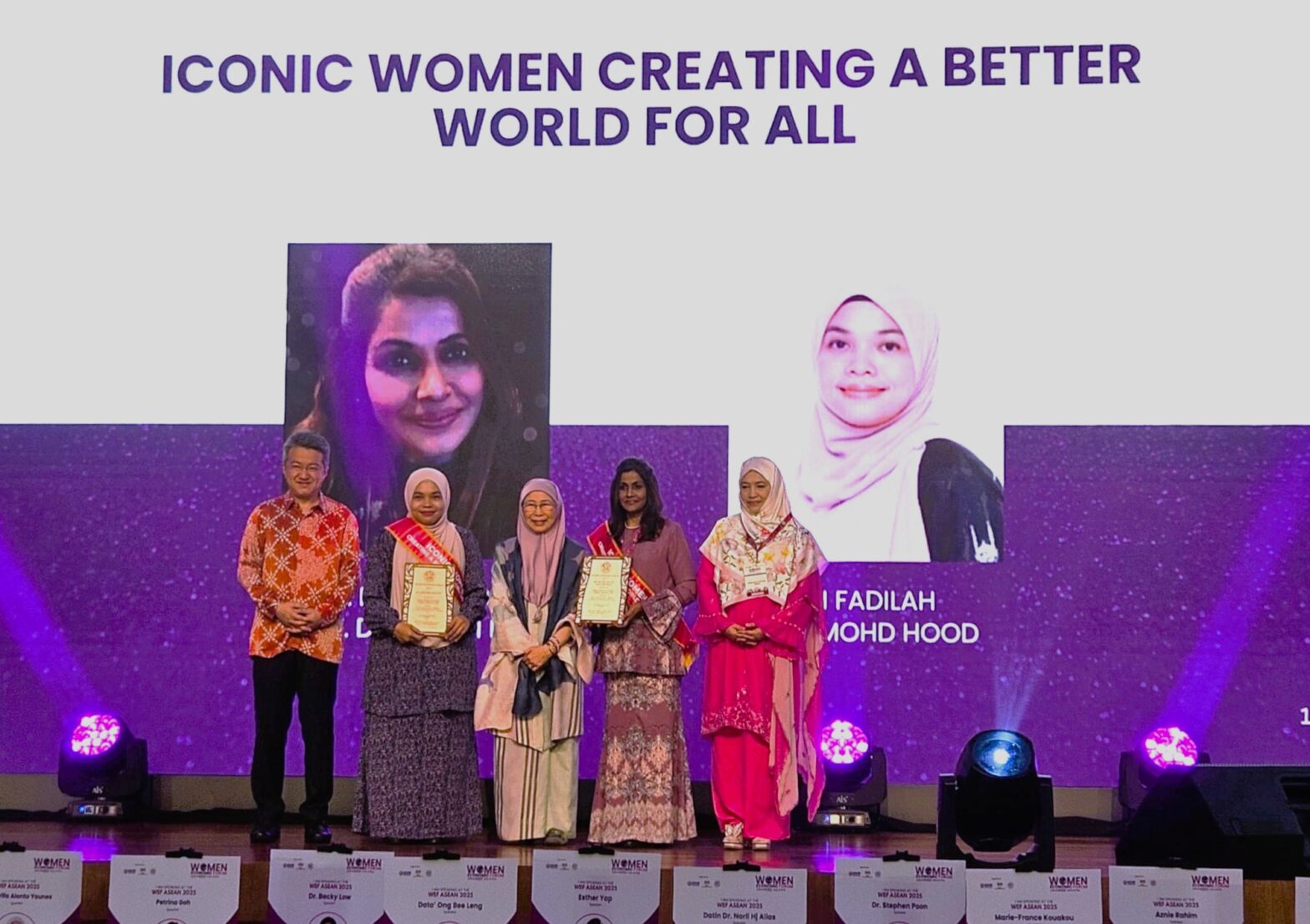
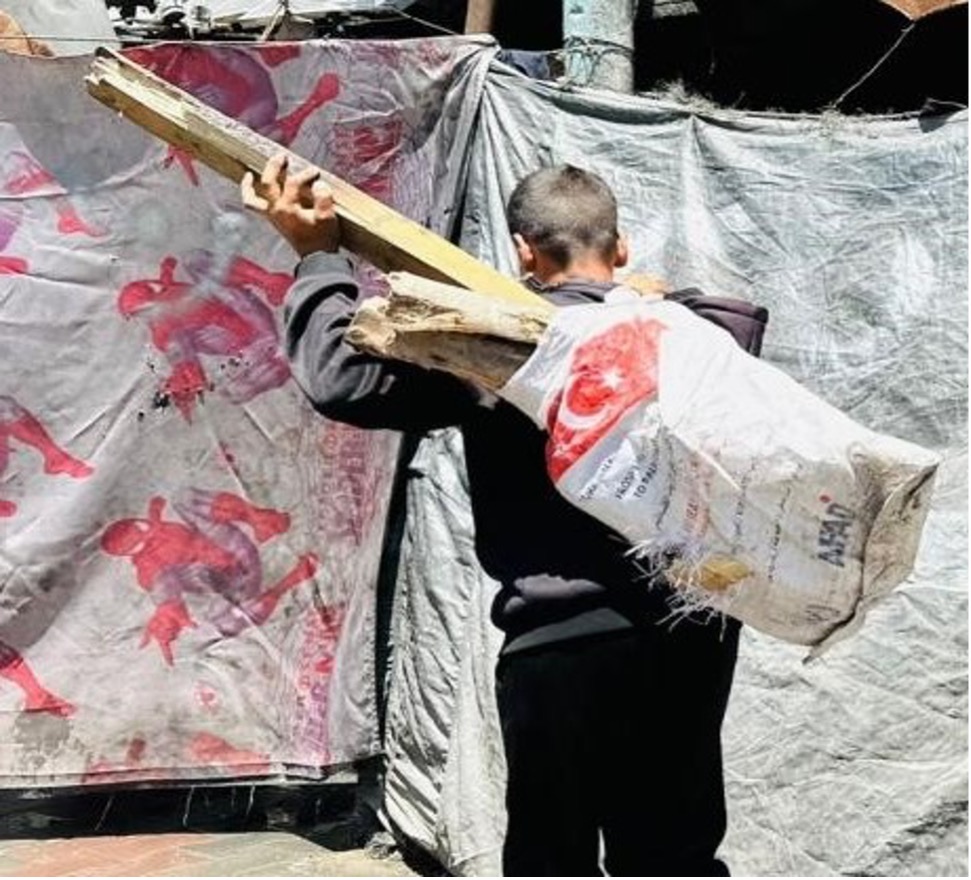
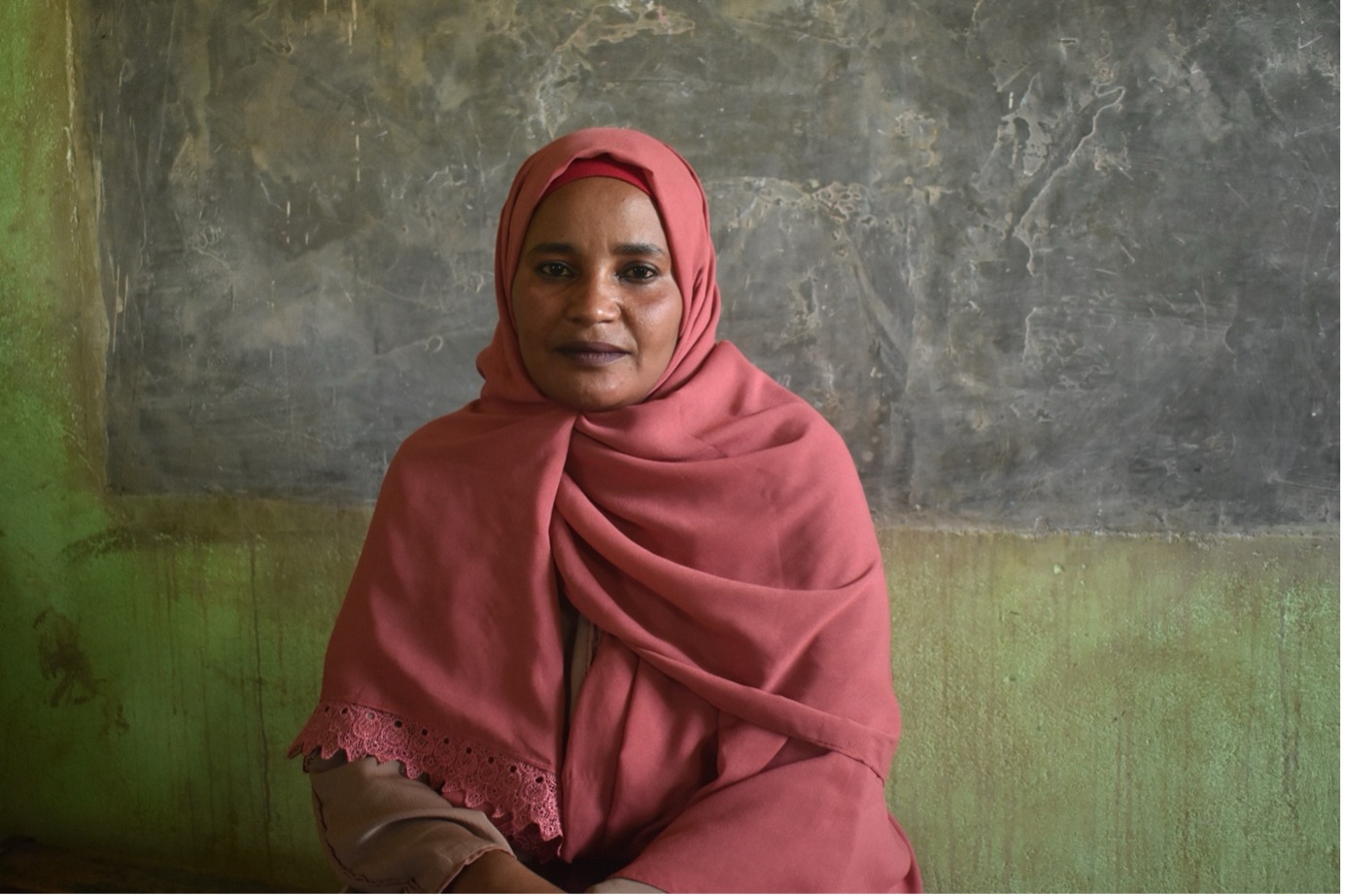
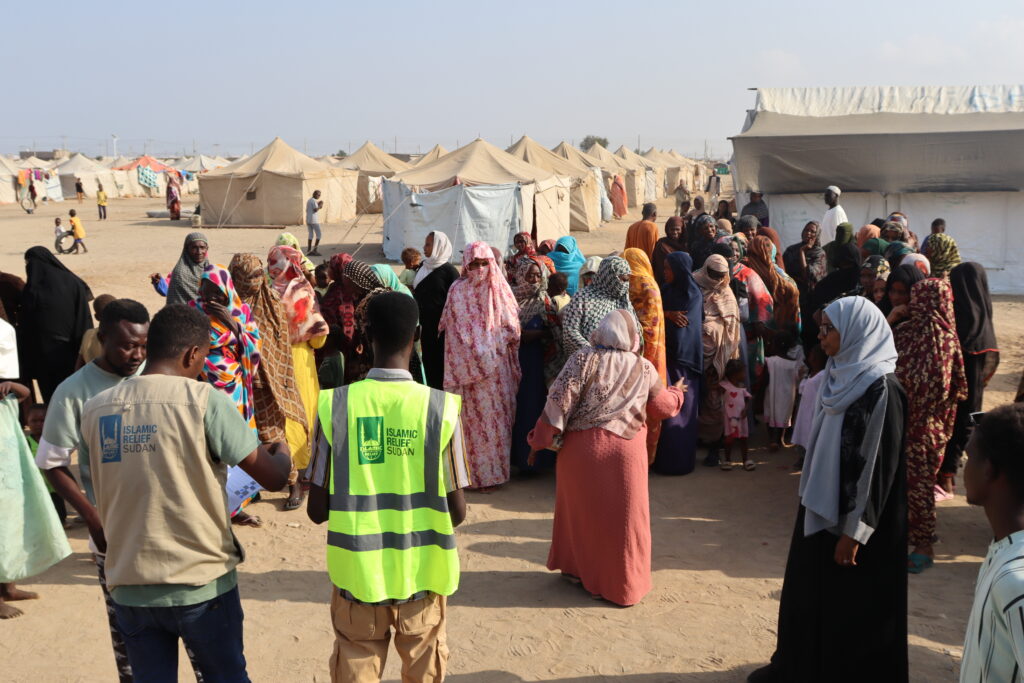
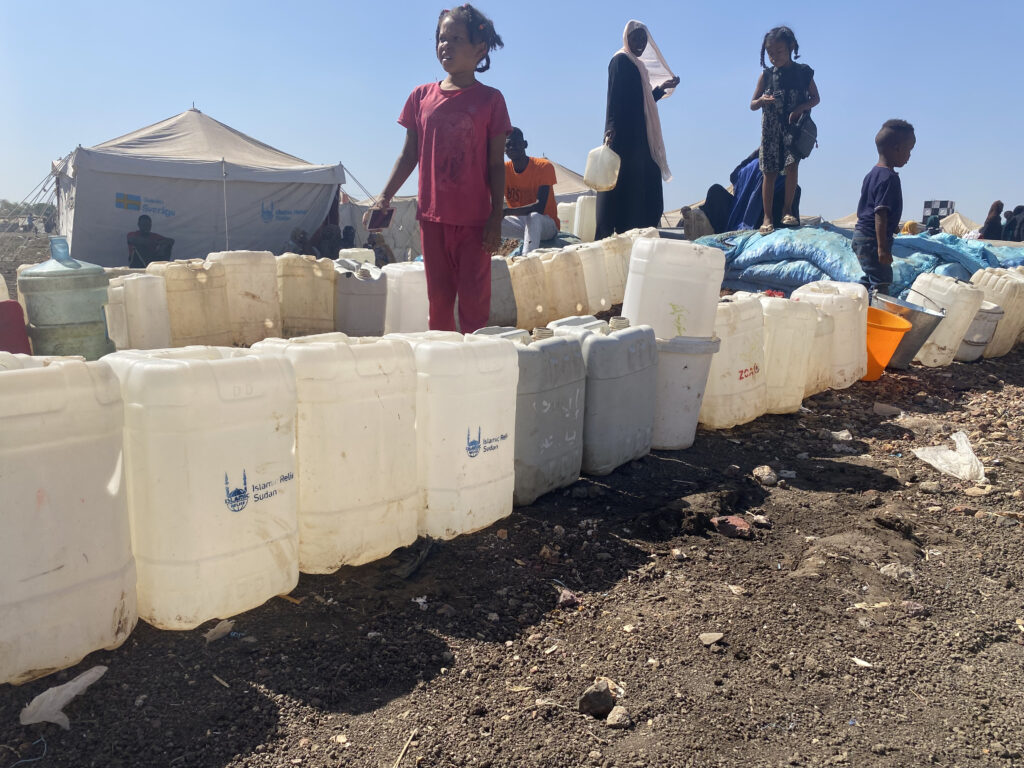
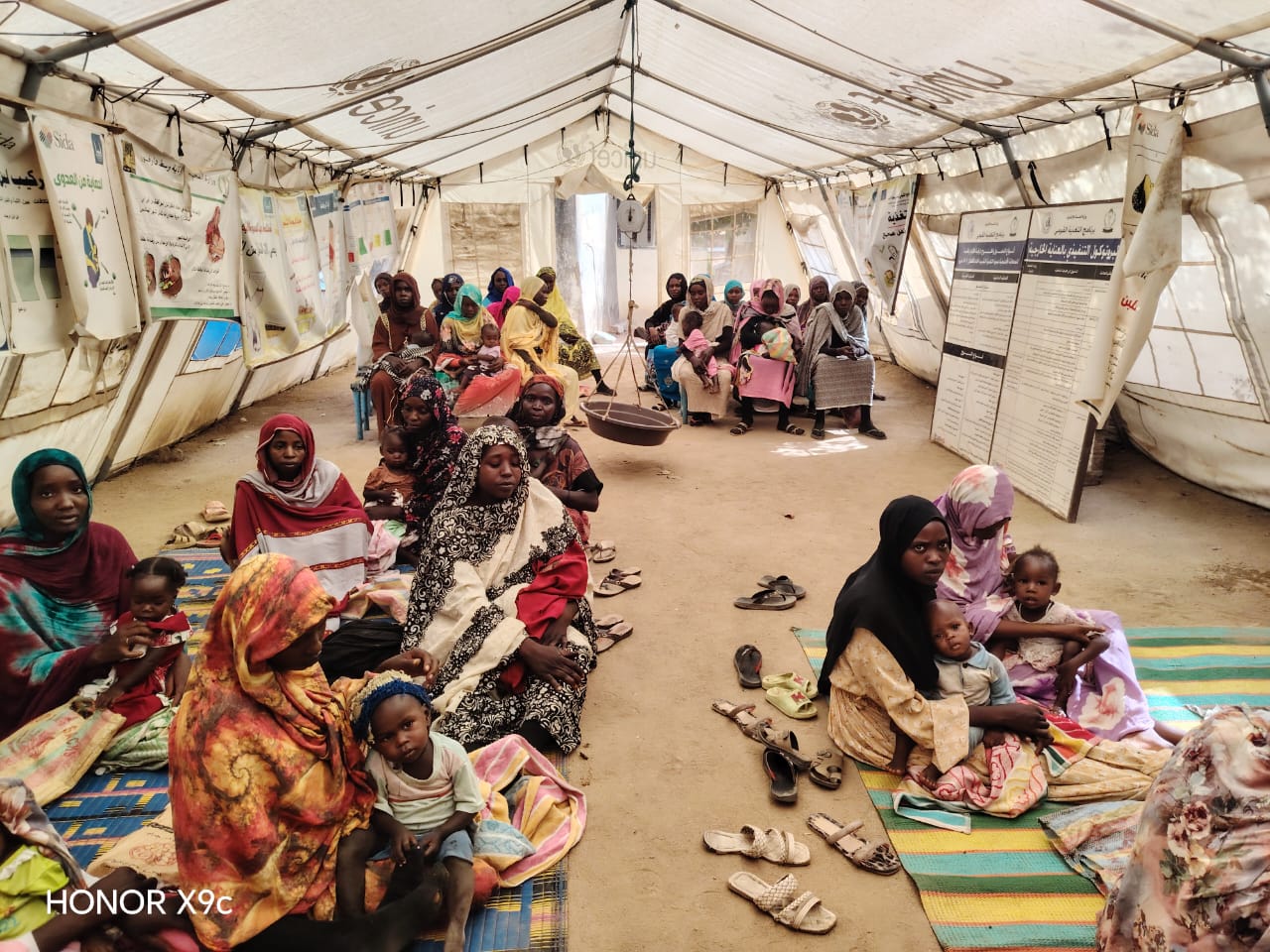
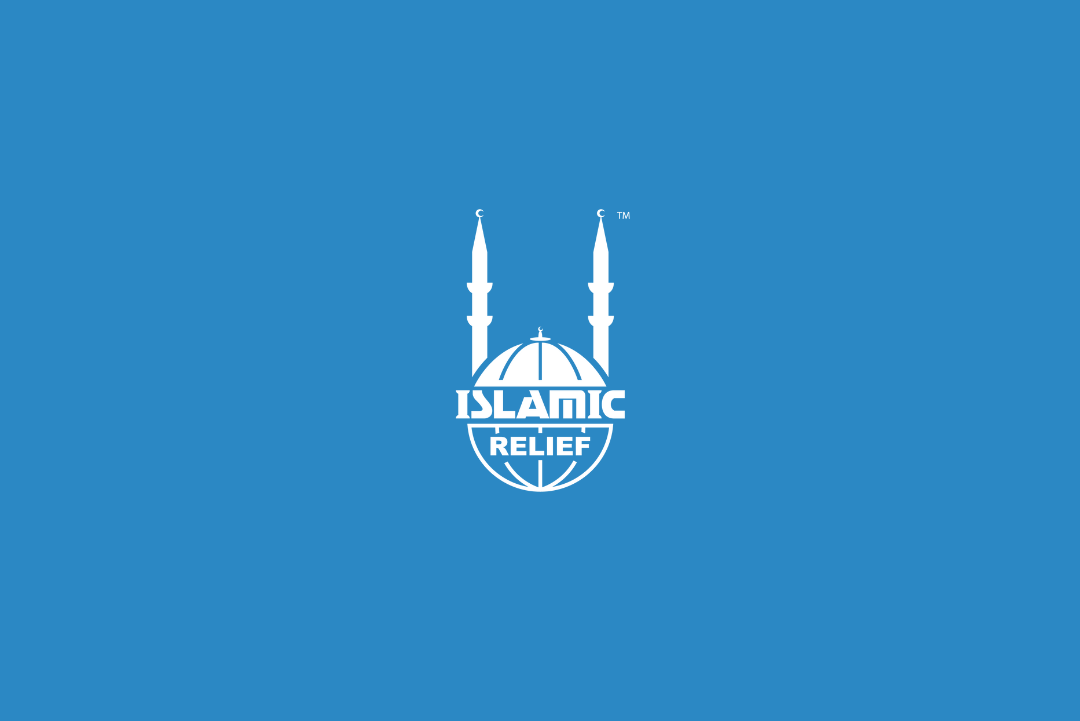
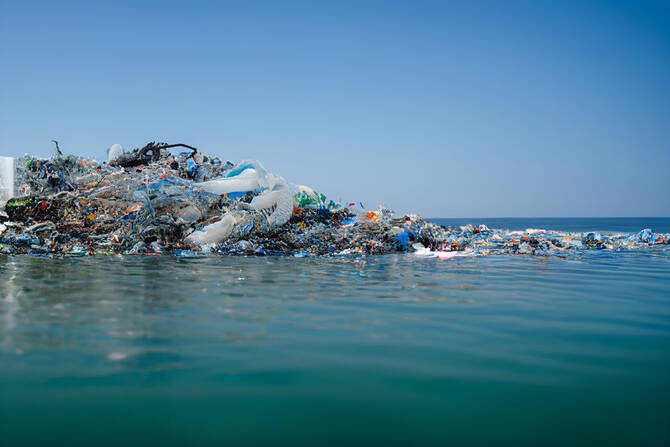
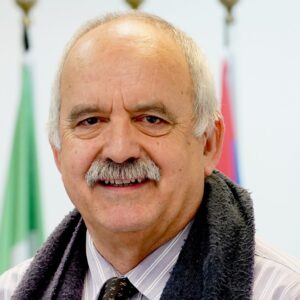 This World Environment Day, Islamic Relief is signing Faith in the Ocean, an international multifaith declaration recognising the profound relationship between humanity and the ocean, uniting all people of faith or spiritual tradition in our commitment to protect and preserve the ocean.
This World Environment Day, Islamic Relief is signing Faith in the Ocean, an international multifaith declaration recognising the profound relationship between humanity and the ocean, uniting all people of faith or spiritual tradition in our commitment to protect and preserve the ocean.